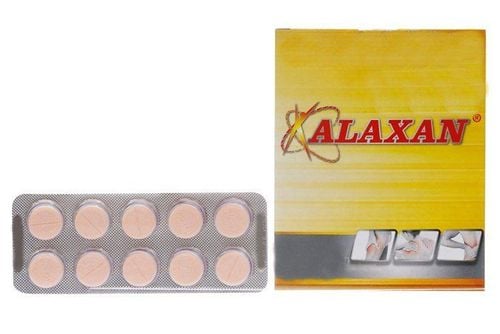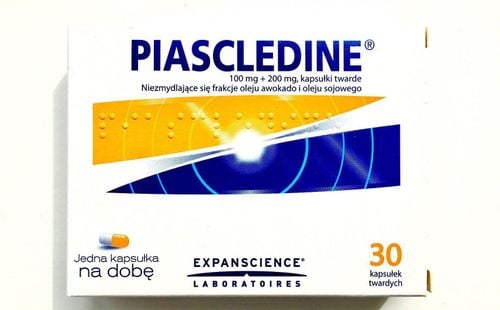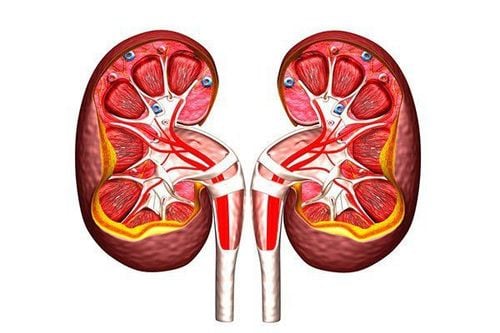During breastfeeding time, mothers may suffer pains caused by injury, infection, toothache, or secondary pain due to arthritis. If it is not treated properly, it can lead to depression or anxiety, which may have negative effects on the physical and mental health of a mother. Therefore, the use of pain relief medication in these cases is essential, but there are certain precautions.
1. Is toothache in breastfeeding time dangerous?
The major cause of dental issues in breastfeeding women is hormonal changes after pregnancy. Some direct causes of toothache include:
- Cavities: this is the most basic reason for toothache in breastfeeding women. The pain can persist, worsen at night, and affect the daily activities of a mother.
- Teething: Wisdom teeth usually erupt between the ages of 17 and 25, which may coincide with breastfeeding time. Wisdom teeth emergence may lead to prolonged pain because gum recession usually goes along with mild fever.
- Gum inflammation: Dental plaque and tartar caused by poor oral hygiene create a favorable condition for bacteria to flourish. They are the reasons for gum inflammation.
Toothache during the breastfeeding period should not be underrated since it has some potential risks as follows:
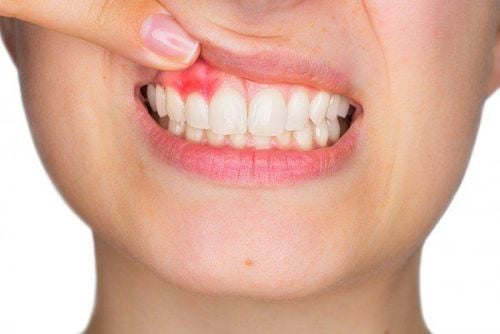
- Toothache makes eating more difficult which disturbs the nutrient intake of a mother. This can decline the mother’s breast milk or even lead to milk loss.
- Bacteria from cavities, and gum inflammation may influence breast milk quality.
- Cavities or gum inflammation in breastfeeding mothers may grow quickly into alarming conditions such as pulpitis, dental abscesses, or alveolar bone inflammation. If they are not treated well, they could result in complete tooth loss
2. What are the cautions when using pain relief medications for toothache while breastfeeding?
In reality, the effects of painkiller medications for toothache in breastfeeding mothers are not fully understood. Hence, the mothers should use the medication with the lowest dose and the shortest duration when necessary. The usage must be supervised by a doctor. Single-dose medications should be prioritized and taken after the longest feeding interval. This interval can be the last feed of a day before the baby sleeps.
Monitor the medication side effects such as drowsiness and irritability of the baby. Avoid medications with prolonged or extended-release impacts, as well as combination drugs. Adhere to medication recommendations in case they pose many possible side effects. Some pain relief medications that mothers can use include:
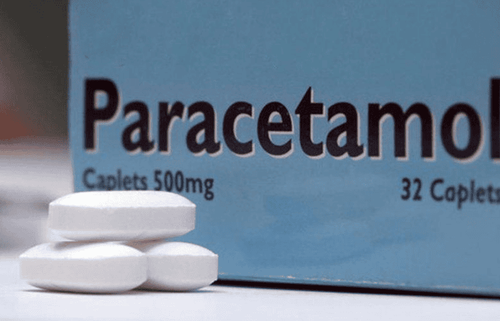
- Paracetamol: is considered free of danger during the breastfeeding period as an estimated 6% of the mother’s dose will pass to the baby through breast milk.
- Nonsteroidal anti-inflammatory drugs (NSAIDs) such as Ibuprofen and Diclofenac can be used for beastfeeding mothers. The amount passed to breast milk is about 0.65% and 1% of the mother’s dose, even for the mothers using high dose.
- Aspirin is not recommended for toothache in breastfeeding time as its side effects have some negative impacts on the baby. Mothers have other safer alternatives. Theoretically, aspirin can lead to Reye’s syndrome in babies.
After giving birth, the mothers not only deal with psychological and biological issues but also many organs being affected. Toothache is a common condition among these mothers. If its symptoms alter the quality of life and health, the mothers should come to a medical center to have comprehensive health checkups and receive doctor’s consultation about treatment options and appropriate painkillers.
Please dial HOTLINE for more information or register for an appointment HERE. Download MyVinmec app to make appointments faster and to manage your bookings easily.







